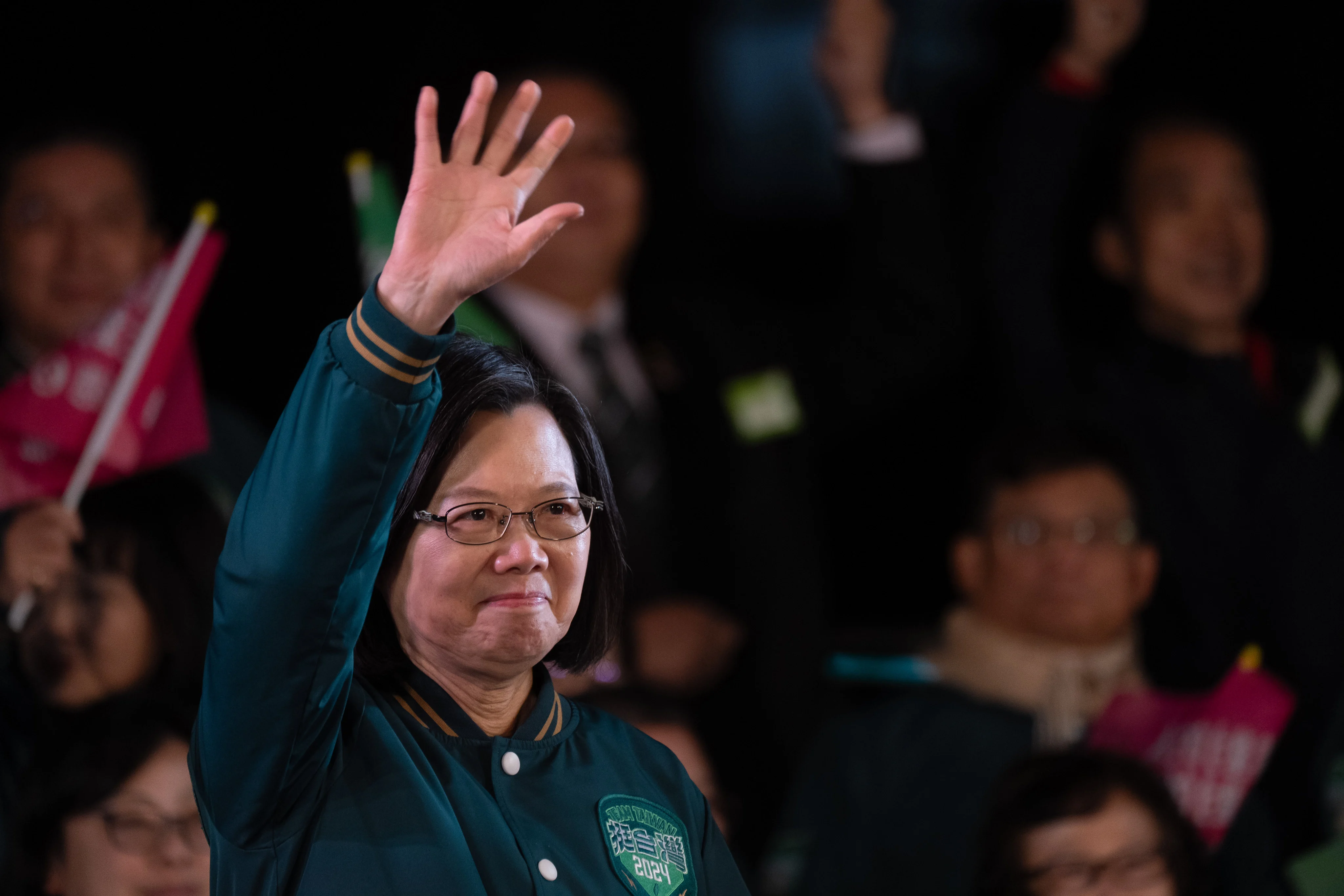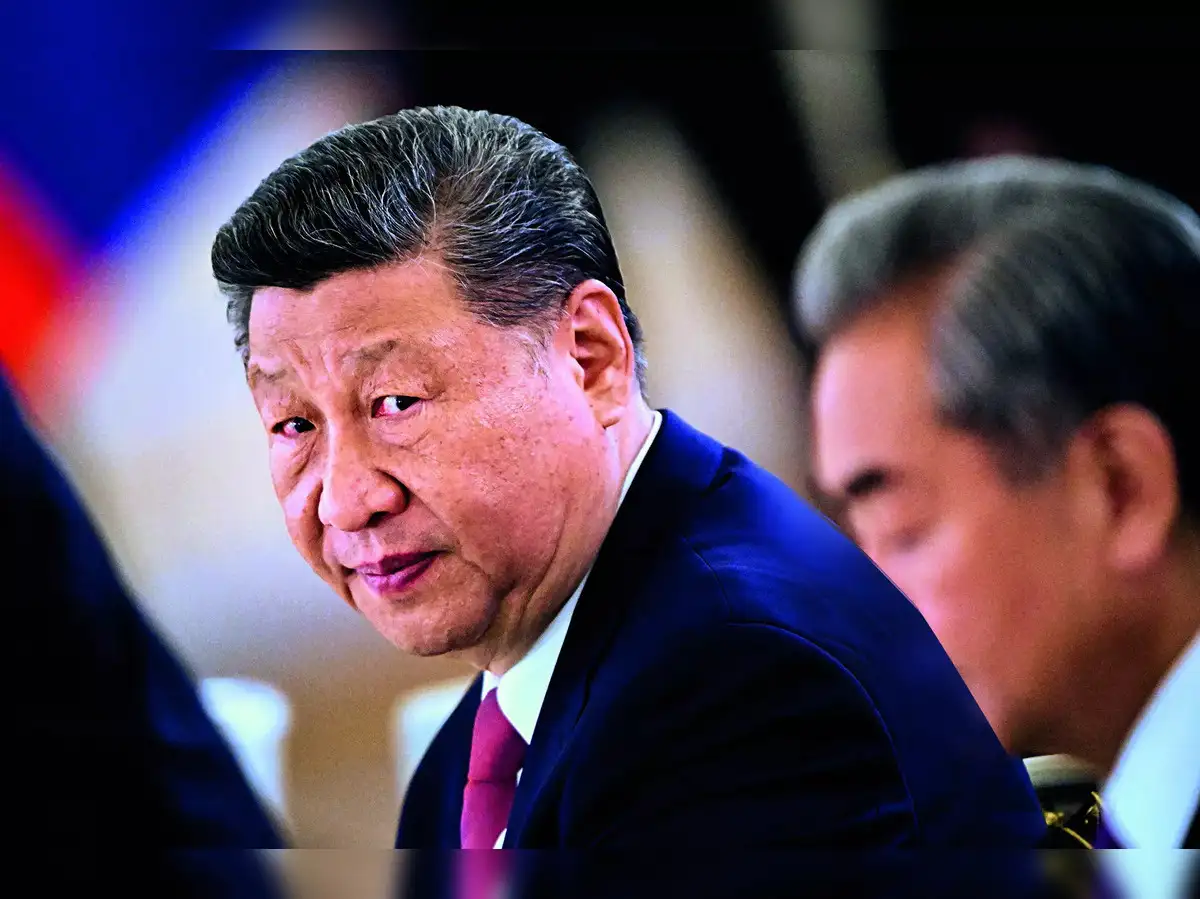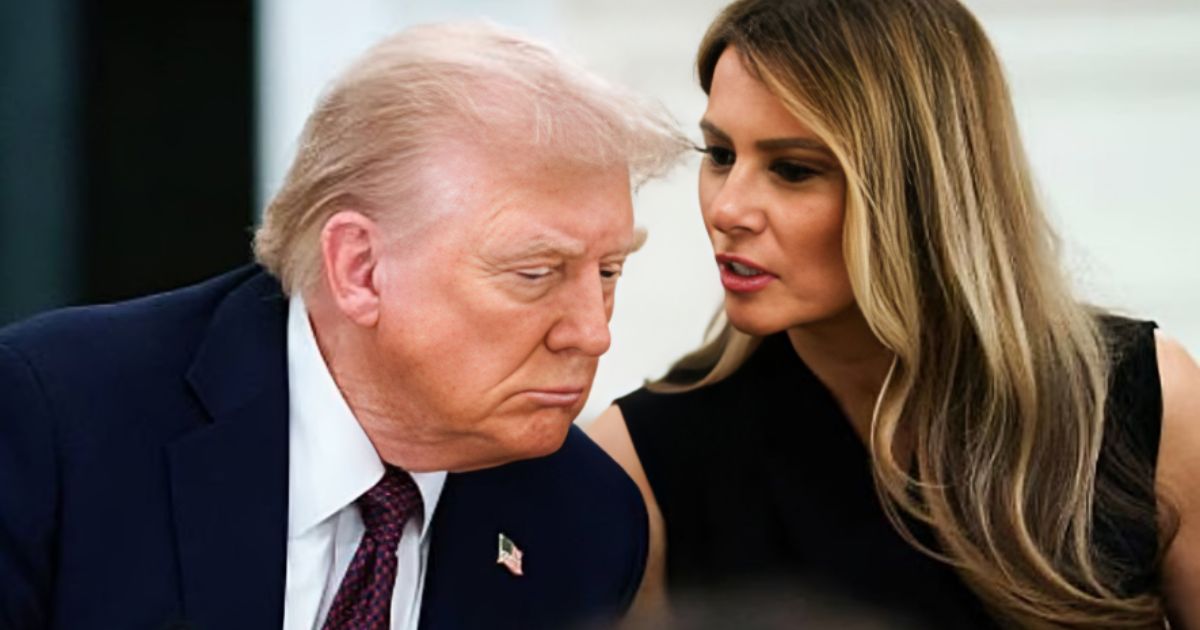By Alcott Wei
Copyright scmp

Beijing has criticised Japan for hosting former Taiwanese leader Tsai Ing-wen, who visited Japan in a personal capacity and is not known to have met any officials.
Tsai, the former Taiwanese leader from the pro-independence Democratic Progressive Party (DPP), went on her first post-office visit to Japan from September 9 to 12. She had previously been invited to visit Japan several times but declined, according to the Sankei Shimbun, a daily newspaper.
Tsai’s office said she was visiting as a tourist and the trip did not include any official business. It was her first visit to Japan since leaving office in May last year. She served as Taiwan’s leader from 2016 to 2024, a period during which cross-strait relations became increasingly tense.
According to the Sankei Shimbun, Tsai did not stay in Tokyo but spent several days at a summer resort in the Kanto region, and had no scheduled meetings with Japanese government officials or politicians. There has been no confirmation or information about any meetings between Tsai and Japanese politicians.
The Japan-Taiwan Parliamentary Friendship Group, a bipartisan group of Japanese parliamentarians that promotes ties with Taipei, urged Tsai to visit Japan after leaving office, but since this was a private trip, Tsai reportedly did not meet members of the group.
The Japanese government has a visa-free policy for Taiwanese citizens visiting Japan as tourists, meaning Tsai would not need a visa for her trip.
Tokyo’s relations with Beijing have been strained over a range of geopolitical issues, including China’s Victory Day parade in Beijing on September 3. Tokyo reportedly asked foreign leaders not to attend the parade, warning that the Victory Day events carried anti-Japanese overtones.
The mainland’s Taiwan Affairs Office (TAO) warned on Wednesday that Beijing firmly “opposes any country with which China has diplomatic relations from providing a platform for ‘Taiwan independence’ separatist forces”.
The TAO criticised Japan for its historical role regarding the Taiwan issue and demanded that Japan reflect deeply on its history.
“[Japan] should adhere to the one-China principle and the spirit of the four Sino-Japanese political documents, and handle Taiwan-related issues with utmost caution,” it said.
Beijing sees Taiwan as part of China to be reunited by force if necessary. It frequently warns countries against official contact with Taiwan, and regards Tsai and her successor, William Lai Ching-te, both of the ruling DPP, as pro-independence separatists.
Although most countries, including the United States and Japan, do not recognise Taiwan as an independent state, they oppose any unilateral attempt to change the status quo across the Taiwan Strait by force. Washington is also committed to supplying it with weapons.
Japan severed official relations with Taiwan in 1972, but has maintained close ties with Taipei ever since. Taiwan is also Japan’s fourth-largest trading partner.
Last year, Tsai visited the Czech Republic, France and Belgium on her first overseas trip after leaving office. She spoke at a democracy conference in Prague, met European politicians and Taiwanese expatriates, and visited the European Parliament in Brussels.
The TAO said at the time that Taiwanese authorities were engaging in “Taiwan independence” separatist activities under various pretexts, deceiving the international community.



